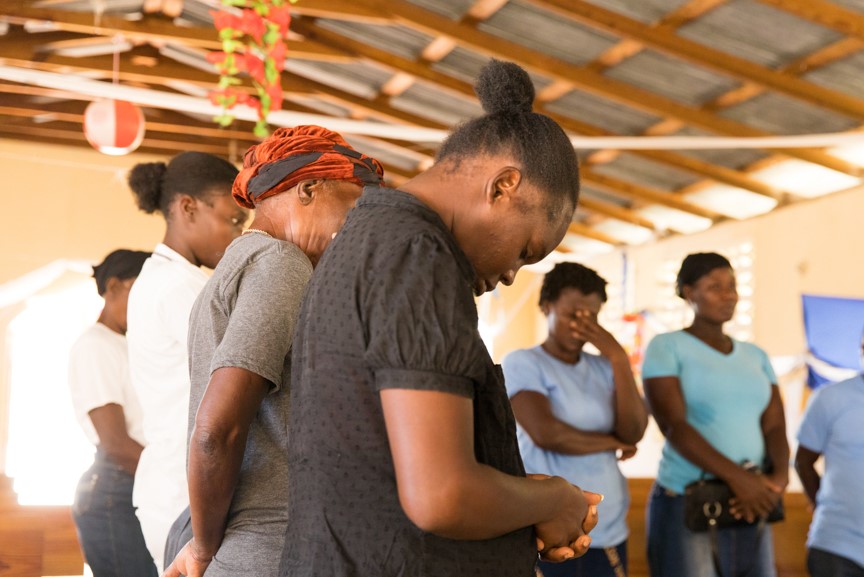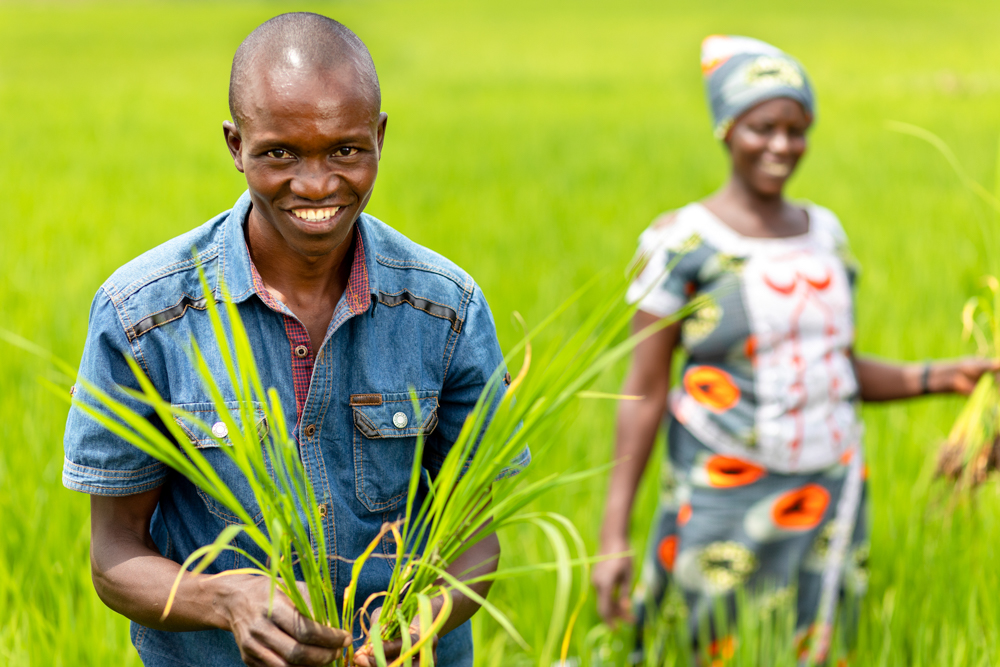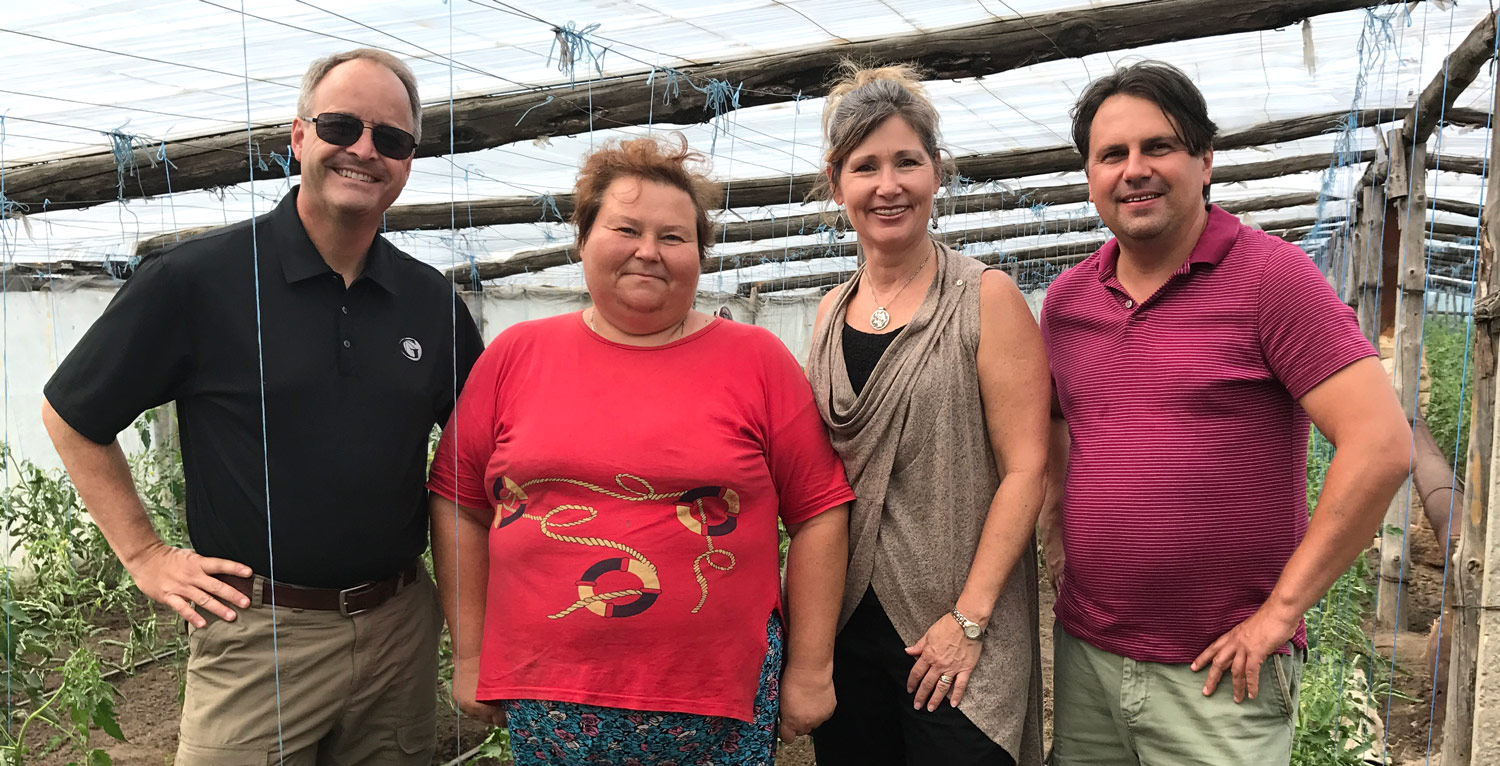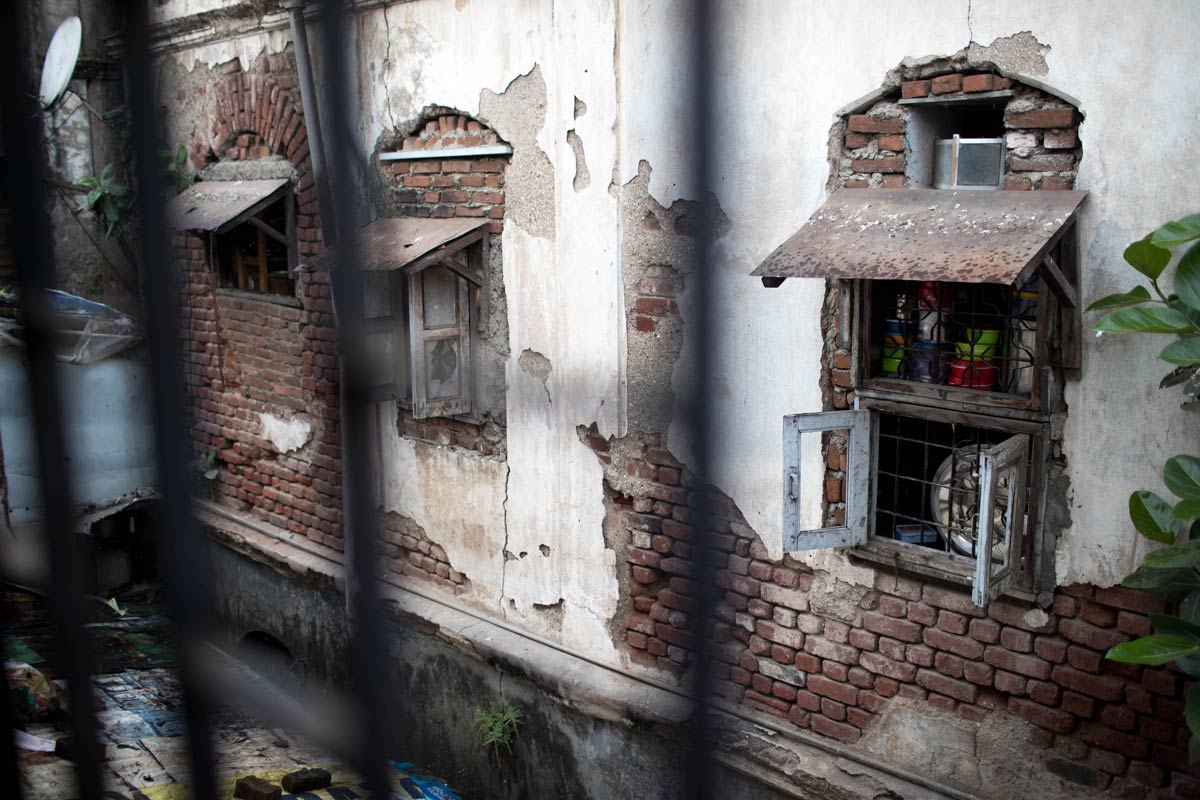By Lesly Jules, HOPE Haiti Country Director
If you follow much of the U.S.-reported news on my home country of Haiti, you’re probably used to hearing reports of protests, violence, natural disasters, and corruption. In our country, our history is colored with chronic instability and volatility. Continue Reading…




















